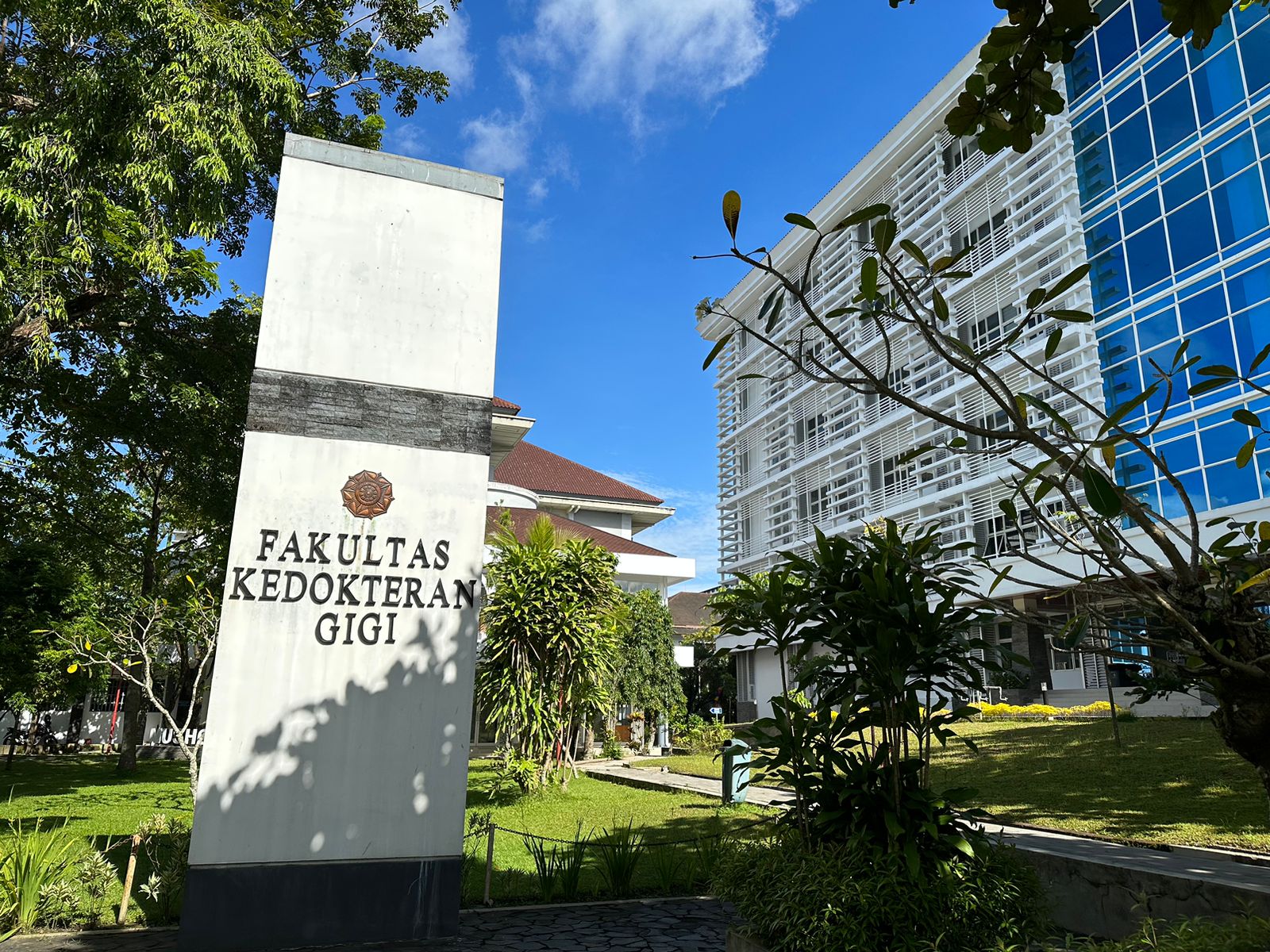On 15 November 2024, the Faculty of Dentistry at Universitas Gadjah Mada (FKG UGM) conducted a Skills Lab focused on determining hemoglobin levels, bleeding time, and blood clotting. This Skills Lab was held at the Integrated Lab (DLC) on the 4th floor. The activity is part of an effort to enhance access to health sciences education, aligning with the Sustainable Development Goals (SDGs) Goal 4, which emphasizes quality education, and Goal 3, which promotes health for all.
Hemoglobin, a vital protein found in red blood cells, plays a crucial role in transporting oxygen throughout the body. Understanding hemoglobin levels is essential for diagnosing various health conditions, making this Skills Lab highly relevant for students in the health field. The primary goal of the lab was to equip students with the necessary skills to accurately determine hemoglobin levels in blood samples.
Participants used various tools and materials during the lab session, including blood lancets, lancing devices, alcohol swabs, gloves, 0.1 N HCl solution, distilled water, pipettes, a Talquist set, an Hb Test Quik-Check kit, and a Sahli hemometer set. These instruments are essential for conducting precise and reliable tests.
Hemoglobin level determination was performed using several methods, including the Sahli method and the Talquist method, both of which are colorimetric techniques. Additionally, students had the opportunity to use a digital method with the Hb Quik Check set, offering a modern approach to this critical diagnostic process.
The Skills Lab aimed not only to enhance technical skills but also to foster a deeper understanding of hemoglobin’s role in maintaining homeostasis in the body. By participating in this lab, students gained valuable hands-on experience essential for their future careers in healthcare.
The event was designed to be interactive, encouraging students to actively engage with their peers and instructors. This collaborative environment facilitated knowledge exchange and enriched the learning experience, ensuring that all participants left the lab with a comprehensive understanding of the topics covered.
This initiative reflects a commitment to expanding access to health sciences education, particularly for students who may face learning barriers. By providing hands-on experience and practical knowledge, the Skills Lab aims to empower the next generation of healthcare professionals.
As the world continues to face health challenges, the importance of medical education cannot be underestimated. Events like this Skills Lab are crucial in preparing students to tackle these challenges, ensuring they are equipped with the skills and knowledge necessary to make a positive impact in their communities.
The Skills Lab provided an invaluable opportunity for students to deepen their understanding of hemoglobin and its significance in health. By participating in this event, students not only enhanced their technical skills but also contributed to the broader goal of achieving quality education and healthcare for all, in line with the SDGs.
Contributor: Sri Pujiatun | Author: Al Haqi Insan Pratama

